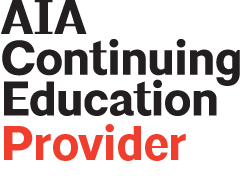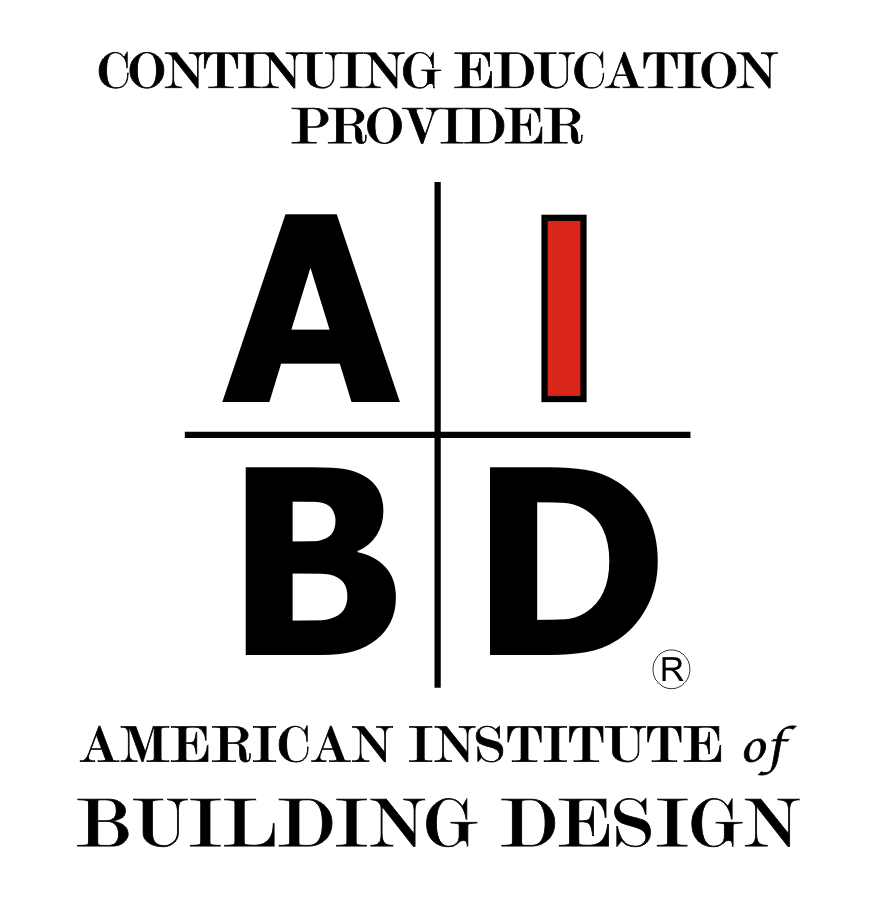
Charlie Dolman - Burning Man
The evolution of Burning Man
Sponsored by Architectural Record | Presented by Charlie Dolman
Listen in on the conversation with Charlie Dolman, an infrastructure and community services leader at Burning Man. He discusses the evolution of Burning Man from a small gathering in San Francisco to a massive, temporary city in Nevada hosting over 80,000 participants annually. The discussion highlights the event’s core principles like radical self-reliance, decommodification, and environmental sustainability. Dolman elaborates on the extensive infrastructure required for the event, including sanitation, water, power, and emergency services, as well as the collaborative community effort behind its art installations and temporary structures. He also addresses challenges like the infamous 2023 mud event, emphasizing participant resilience and community support. Lastly, Dolman encourages creative participation and underscores the transformative power of communal effort in fostering connection and cultural impact.

Photo courtesy of Charlie Dolman
 |
Aaron Prinz is the host of the Design:ED Podcast and holds a Masters of Architecture degree from the University of Texas at Austin. He was born and raised in the rural Northern California town of Red Bluff, just two hours south of the Oregon border. After one year of college, Prinz relocated to San Francisco to pursue a career in stand-up comedy. At age 26, he began studying architecture at Portland State University while interning at Studio Petretti Architecture led by Amanda Petretti. His professional contributions while at Studio Petretti were focused on a portion of the new Multnomah County Courthouse which is a prominent addition to the Portland skyline. He currently resides in Austin, Texas with his wife Roxanne where he continues to work as a designer. |
LEARNING OBJECTIVES
- Learn how Burning Man evolved and explore its foundational principles, such as radical self-reliance, decommodification, and environmental sustainability.
- Examine the planning and logistical challenges involved in creating and managing infrastructure for a temporary city of 80,000 people, including sanitation, water, power, and emergency services.
- Identify the processes and opportunities for participants to contribute through art, theme camps, and other collaborative projects, fostering a sense of ownership and community.
- Review the contingency planning and community responses during critical events, such as the 2023 mud incident, to understand effective crisis management in large-scale events.











